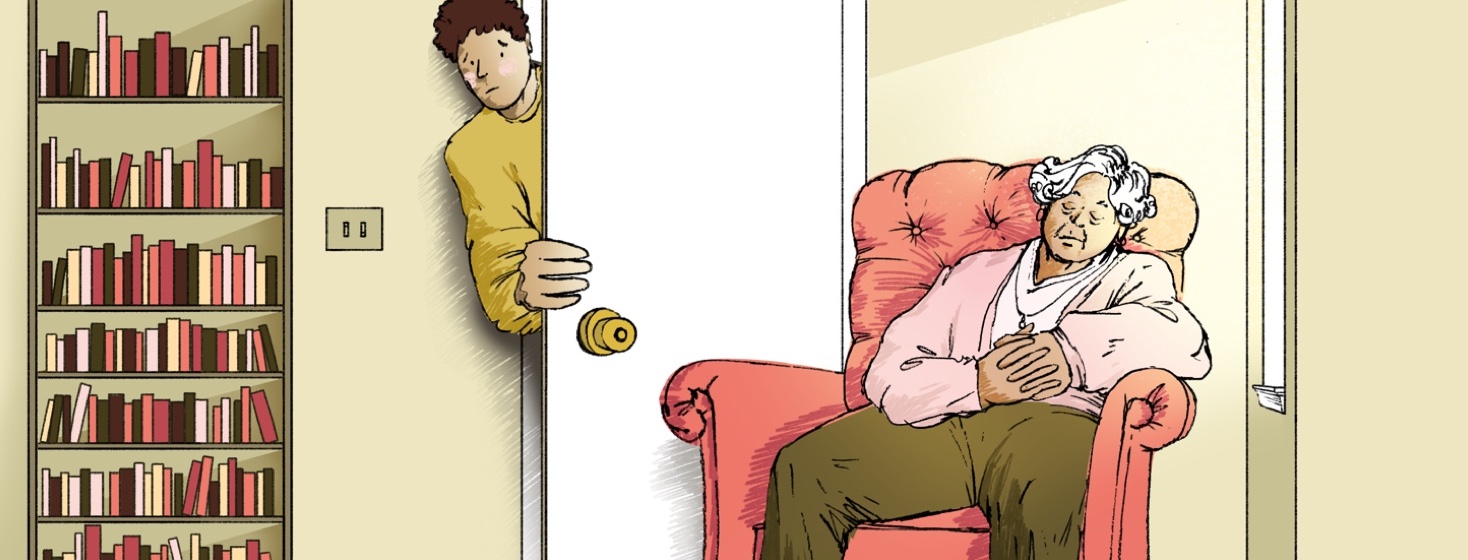Can CPAP Improve Cognition and Daytime Sleepiness in Older Adults?
Sleep-related disease and obstructive sleep apnea (OSA) are common ailments that many people live with. As we age, OSA becomes more and more common and impacts a large number of older adults. As modern medicine advances and treatment for age-related conditions improve, treatment approaches for older adults have improved as well. Continuous positive airway pressure (CPAP) is the first-line treatment approach for all who have OSA.1
But for those of advanced age, how does CPAP help OSA? Let us explore this more by looking at how CPAP can be used with older adults, how aging comes into play, and the potential benefits CPAP may have in this particular population.
Sleep-related disease and older adults
Sleep-related disease is a common ailment in older adults over the age of 65. Many chronic diseases have been associated with obstructive sleep apnea (OSA), including heart disease. It is no wonder why treatment as a result of sleep-related disease is a major reason for the increased costs of healthcare.
Although older adults commonly have OSA and sleep disorders, scientists and doctors do not all agree on how sleep disorders impact older adults. While other age groups with OSA have significant problems associated with the sleep disorder, older adults do not typically have the same ill effects.
Daytime sleepiness, the hallmark symptom of OSA, is typically not reported as frequently in older adults or is less severe than in other age groups. It is because of these factors that treatments for OSA may not always be used in older adults due to costs and lack of efficacy.1,2
Older adults, OSA, and cognitive impairments
Older adults with OSA have been shown to have a greater risk for the development of cognitive impairment or even dementia. So, even if an older adult does not report daytime sleepiness, he or she is at a greater risk for cognitive impairments than those who are in a younger population.1
This can have far-reaching consequences. Older adults with cognitive deficits have a greater risk for disease and mortality, impacting an older adult’s functional daily living.
CPAP implications for older adults
Doctors nearly universally agree that the treatment of choice for the most serious or symptomatic forms of OSA is continuous positive airway pressure (CPAP). This treatment helps to improve sleep-related symptoms, daytime sleepiness in particular. Plus, CPAP has been shown to improve overall quality of life.
In older adults, the use of CPAP has also been shown to improve or even protect against cognitive deficits. Recent studies have shown that CPAP protects cognitive function in older adults in the areas of maintaining memory, attention, and executive function. When daytime sleepiness is reported in an older adult, CPAP has been shown to significantly reduce these symptoms.1-3
Findings such as these suggest an urgent need for the medical community to assess and treat OSA in older adults. Cognitive deficits and dementia symptoms may be overlooked as a result of OSA and may be diagnosed as a cognitive disorder.
The need for more studies
Although there have been many studies on the impact of OSA on daily living and the consequences of low oxygen levels, few have focused on the older adult population. In order to learn more about this population and the potential benefits of this treatment, more studies and clinical trials are needed.

Join the conversation